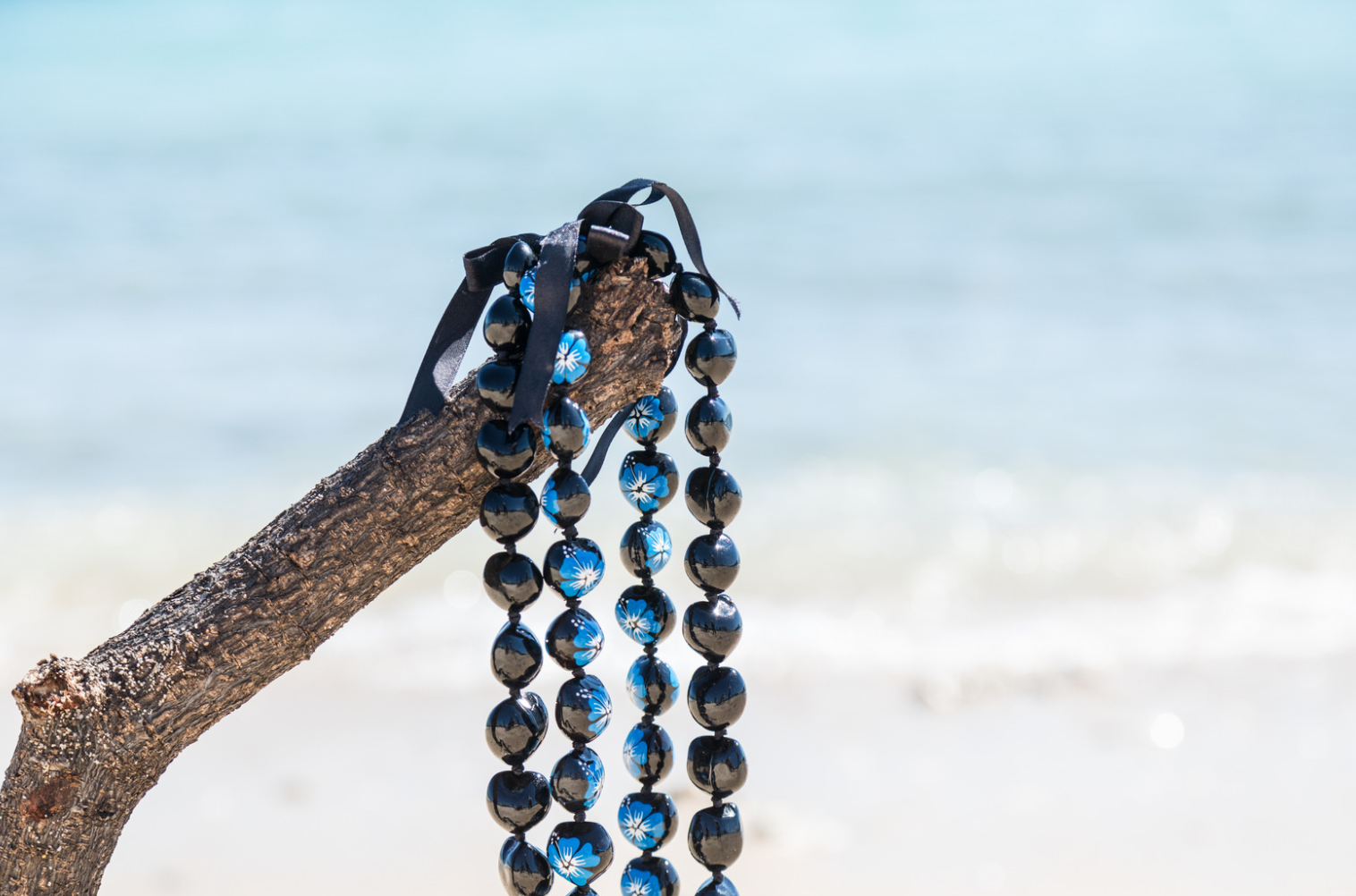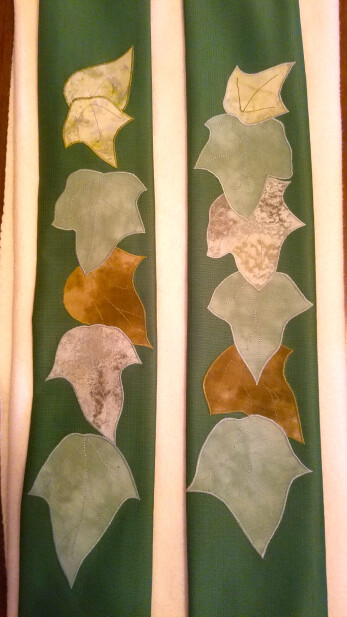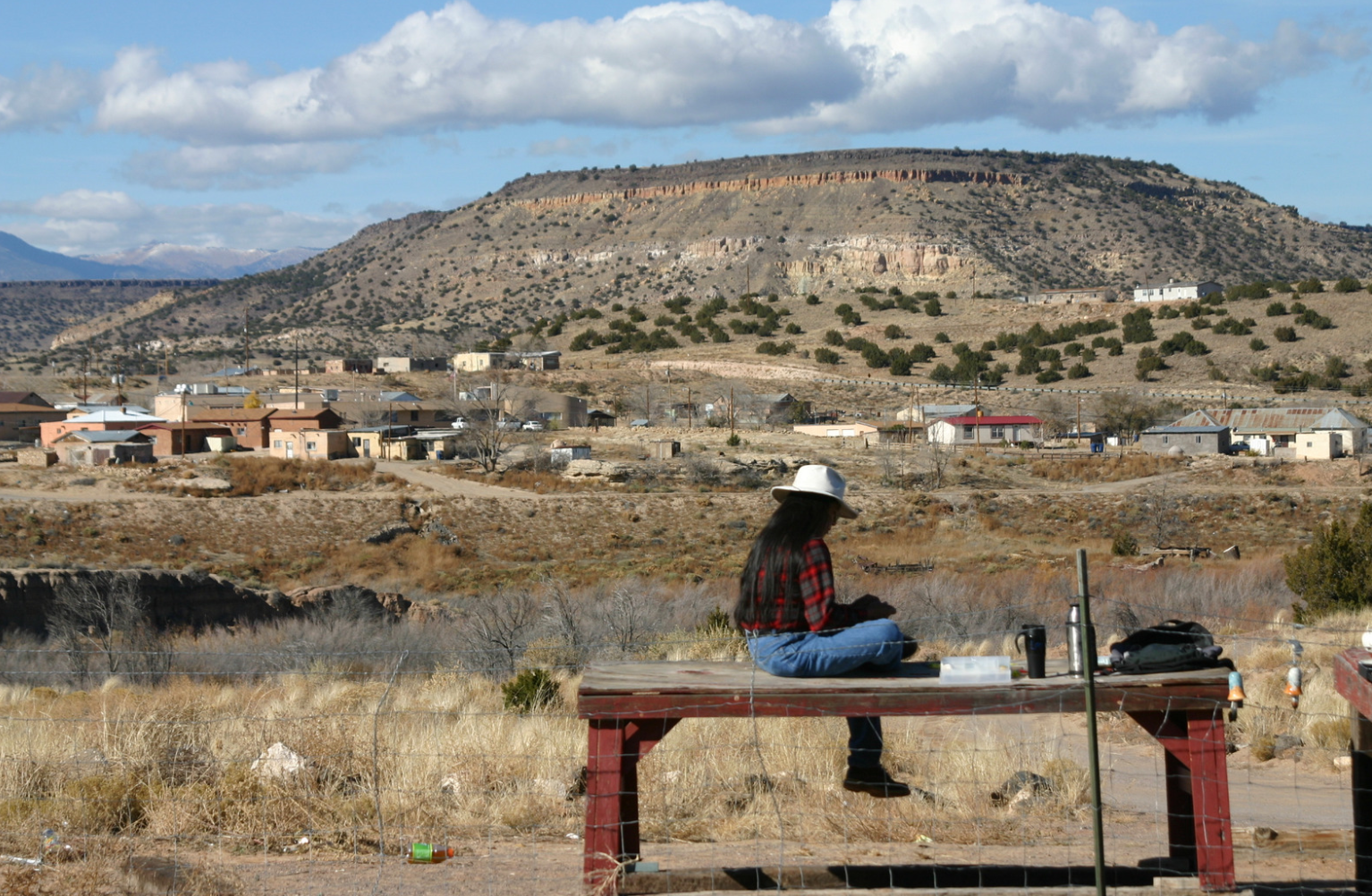Kukui Nuts and the Works of Mercy
For Sunday, 8 November 2020: Matthew 25:1-13
[Jesus said to his disciples:] “Then the kingdom of heaven will be like this. Ten bridesmaids took their lamps and went to meet the bridegroom. 2 Five of them were foolish, and five were wise. 3 When the foolish took their lamps, they took no oil with them; 4 but the wise took flasks of oil with their lamps. 5 As the bridegroom was delayed, all of them became drowsy and slept. 6 But at midnight there was a shout, ‘Look! Here is the bridegroom! Come out to meet him.’ 7 Then all those bridesmaids got up and trimmed their lamps. 8 The foolish said to the wise, ‘Give us some of your oil, for our lamps are going out.’ 9 But the wise replied, ‘No! there will not be enough for you and for us; you had better go to the dealers and buy some for yourselves.’ 10 And while they went to buy it, the bridegroom came, and those who were ready went with him into the wedding banquet; and the door was shut. 11 Later the other bridesmaids came also, saying, ‘Lord, lord, open to us.’ 12 But he replied, ‘Truly I tell you, I do not know you.’ 13 Keep awake therefore, for you know neither the day nor the hour.

The traditional understanding of this parable is that Jesus is the bridegroom who is returning for his bride, the Church. His advent has been delayed, however, and so the wise and foolish bridesmaids represent Christians who are awaiting the second coming of Christ and must remain vigilant and ever ready to welcome the bridegroom who is coming at an unexpected hour. This wedding imagery, coming so close as it does to All Saints’ Day, makes me think of the bride in the book of Revelation whose wedding dress is made of “fine linen, bright and pure” symbolizing the “righteous deeds of the saints” (Revelation 19:8).
I admit that this story told by Jesus to his followers initially leaves me a little confused with a couple of questions. First, why did the wise bridesmaids refuse to help their foolish sisters by sharing some of their lamp oil? After all, this is the same Jesus who said, “In everything do to others as you would have them do to you” (Matthew 7:12). Second, like the wedding dress in Revelation, what might the oil in the flasks represent in this story?
In the Greek language of the New Testament, the words for “oil” and “mercy” have the same root. Could it be that the wise bridesmaids waiting for the bridegroom were busy engaging in works of mercy while the foolish were neglectful of the same? Perhaps the wise were not being selfish but simply unable to do for the foolish what only they could do for themselves.
There has evolved in the history of the Church lists of charitable actions known as the “Corporal and Spiritual Works of Mercy.” Among these acts of mercy are to feed the hungry, clothe the naked, shelter the homeless, visit the sick and imprisoned; to bear patiently those who wrong us, forgive offenses, comfort the afflicted, and to pray for others. There is something here for any who choose to be wise in this present age as we await the arrival of the bridegroom.
When I was ordained bishop, I received as a gift from Native Hawaiians a stole decorated with the leaves of the kukuinut tree. I learned from them that the Indigenous people of the Islands used these nuts to extract oil to be burned in torches for light. In fact, the word kukuimeans light or torch and represents protection, peace, guidance, and enlightenment. Traditionally, the wearing of a kukuilei was reserved for royalty.

In the nineteenth century, King Kamehameha and Queen Emma ruled as monarchs of the Hawaiian Islands. Their reign is noted for its service to their people, particularly after an epidemic of smallpox brought to Hawaii by foreign visitors afflicted the Indigenous people. Thereafter, the royal couple devoted themselves to works of mercy for the well-being of their subjects through the building of hospitals, schools, and churches. Devout Anglican Christians, these Native Hawaiians are commemorated on the calendar of the Episcopal Church on November 28.
During this season of isolation and social distancing in the days of a pandemic is a good time to take inventory of our engagement with the works of mercy. I believe that if we keep our flasks filled with the oil of mercy, the energy that fueled the light of the wise bridesmaids as well as Kamehameha and Emma, our lamps will be found burning brightly when the bridegroom arrives. Even though we know neither the day nor the hour, there is a wedding banquet being prepared that you will not want to miss!


